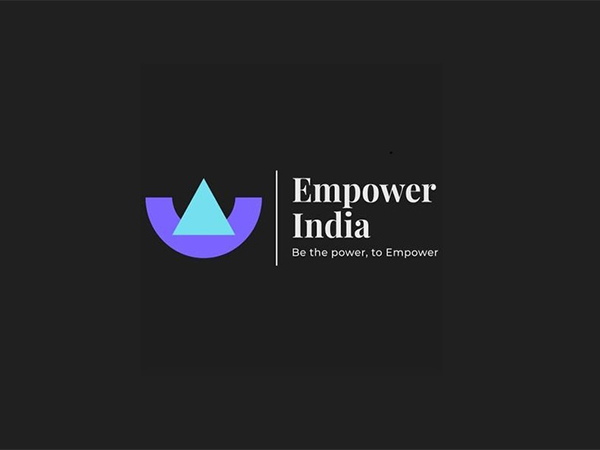Extend the Consultation Period for Ex-Ante Regulation by 3 Months: Empower India
Mar 20, 2024
BusinessWire India
New DelhI [India], March 20: The Committee on Digital Competition Law (CDCL) has recently submitted a report on ex-ante regulations in India, along with a draft Bill for Digital Competition Law. However, the implementation of such legislation has long been debated. It is imperative to address existing gaps and challenges in order to tailor the competition regime to India's specific needs. Empower India, a leading public policy think-tank, hosted a media briefing to deliberate on the challenges posed by ex-ante regulations in India.
Dr. Lazar Radic, a Senior Scholar at the International Center for Law & Economics and an Adjunct Professor of Law at IE University, said, "India should explore strategies to attract players to the market before regulating them. Regulatory challenges posed by the Digital Markets Act (DMA) might deter gatekeepers from innovating, potentially leading to negative outcomes for users, similar to the delays experienced by Meta's Thread launch and Bard's introduction in Europe. These incidents underscore the broader impact on consumer choice and innovation." He added, "The DMA is also criticized for its vague goals, lack of clear cost-benefit analysis procedures, and rigid structure without exemptions for consumer benefits and industry innovation. India should avoid hastily adopting experimental regulations and instead focus on understanding the objectives behind Europe's DMA."
Kazim Rizvi, Founding Director, The Dialogue, said, "The current regulatory framework presents a mixed bag of proposals. At this stage, the Competition Commission of India (CCI) needs more technical expertise and capacity. As per the CDCL's recommendations, it is imperative that focus is given to increasing the capacity of the Commission. Additionally, there are potential overlaps and conflicts between the draft Digital Competition Bill and other tech laws and policies, which come under the mandate of different ministries. Therefore, there is a need for inter-regulatory coordination. He further added, "The consultation period should be extended by at least three months, given the complexity of the law and its far-reaching implications on the economy, business models, and supply chains."
Shreya Suri, Partner, Indus Law, said, "The draft Digital Competition Bill, 2024 has been the centre of controversy over the last week as far as Tech Policy is concerned. While it relies heavily on the EU Digital Markets Act as a frame of reference, significant thought must be given to the manner of its application to the Indian economy - which is much more fragmented and caters to a much larger target market as a whole. While comments on the draft are sought within the very ambitious timeline of April 15, the industry and economic impact of such an ex ante framework will have to be studied in detail, across all stakeholder segments, before concluding on the exact parameters and contours of how the conduct of SSDEs must be shaped through regulation. It will also be pertinent to see market impact and advantages in the EU."
Experts highlighted that the objectives behind DDMA extend beyond fairness and contestability to include elements of protectionism and market power. India boasts a vibrant startup ecosystem, with over 100 unicorns spanning diverse sectors, contrasting to the EU's limited number of homegrown enterprises. They also stressed that by requiring extensive monitoring and compliance measures, the law may discourage experimentation and investment in new technologies and services. Tight regulations could inadvertently lead to reduced competition in the market, resulting in fewer choices for consumers and higher prices. While the criteria may provide clarity on which companies are subject to the regulations, smaller players within the identified category may still face disproportionate burdens. Moreover, the global landscape for ex-ante regulation in digital markets is new, with limited precedents. Nations like Japan and Singapore are reevaluating their planned regulations, underscoring the need for caution due to the uncertain impact on market dynamics and competition enforcement. Moreover, proposed regulations might extend to sectors without sufficient evidence of anti-competitive behavior, potentially imposing constraints on digital services lacking clear signs of market failure or harm to competition.
Key recommendations shared by experts:
* Narrowing the scope of 'Core Digital Services' to include only those supported by existing evidence and studies would justify the need for such classification.
* Exemptions for startups and SMEs can alleviate compliance burdens, enabling them to focus on innovation and growth.
* Ensure regulations remain flexible and adaptable to the evolving digital economy, with provisions for regular reviews/updates based on industry changes and technological advancements.
* Engage with startups, industry associations, consumer groups, and academia in discussions to ensure regulations reflect diverse perspectives on market dynamics and challenges.
(ADVERTORIAL DISCLAIMER: The above press release has been provided by BusinessWire India. ANI will not be responsible in any way for the content of the same)








